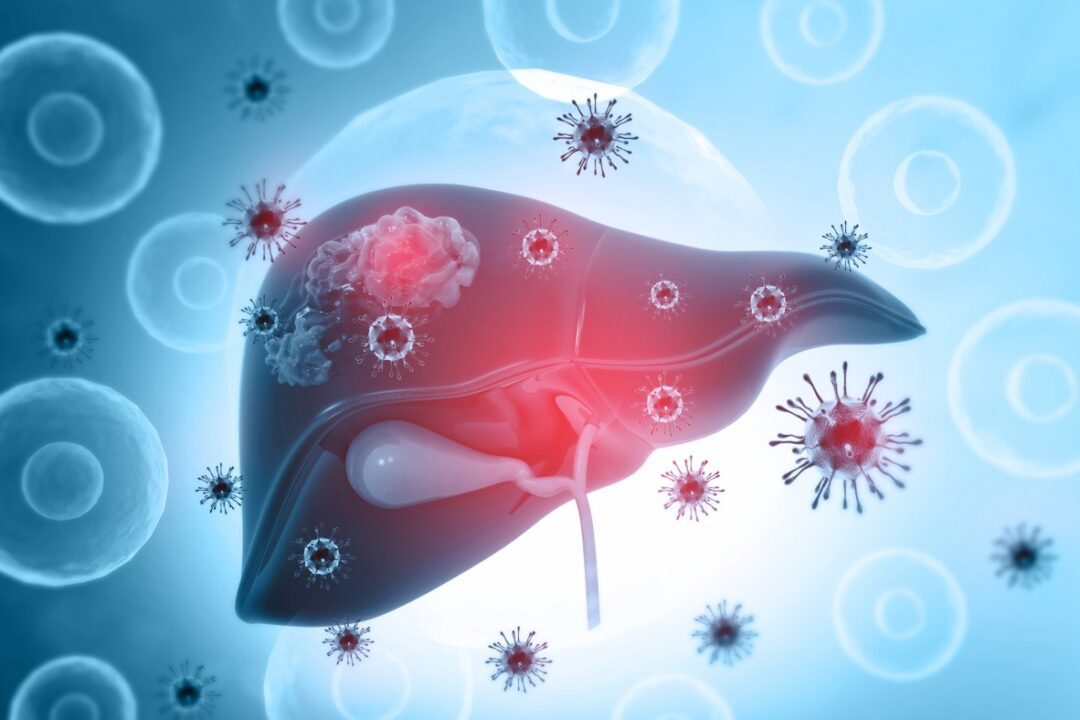What is Hepatitis? |

“Hepatitis” means inflammation of the liver. Toxins, certain medications, heavy alcohol use, as well as bacterial and viral infections can all cause hepatitis. The most common types of viral hepatitis are Hepatitis A, Hepatitis B, and Hepatitis C, each caused by a different virus. These viruses may produce similar symptoms (yellowing of the skin and eyes, fatigue, abdominal pain, nausea, vomiting, loss of appetite, and low grade fever) but certain types can be much more serious than others.
Hepatitis A is spread primarily through food or water that has been contaminated by stool from an infected person. Eating food prepared by someone with Hepatitis A who did not wash their hands after using the bathroom, or not washing your hands after changing a diaper, are possible means of transmission. Rarely, it can be spread through contact with infected blood. Those who are at most risk include international travelers, children in daycare and daycare workers, people living with someone infected with hepatitis, and users of illicit drugs. Hepatitis A usually causes a flu-like illness. There is no specific treatment for Hepatitis A since it typically resolves on its own in a few weeks and does not progress to become a chronic infection.
The Centers for Disease Control (CDC) recommends that all children between 12 and 23 months of age receive a vaccine to prevent Hepatitis A. Two injections are required, given at least 6 months apart. Adults who are at high risk for infection should also consider receiving the vaccine. Avoiding tap water when traveling internationally and practicing good hygiene and sanitation are other ways to avoid contracting hepatitis A.
Hepatitis B is usually spread when blood, semen, or another body fluid from a person infected with the virus enters the body of someone who is not infected. People most likely to get hepatitis B include those who live with or have sexual contact with an infected person, injection drug users, infants born to infected mothers, health care workers, hemodialysis patients, people who received a blood transfusion prior to 1987 (when better screening began), and international travelers. It can cause a flu-like illness or, on occasion, there may be no symptoms at all. A blood test is required to confirm that someone is infected with Hepatitis B. In adults, acute Hepatitis B is generally not treated with antiviral drugs because the disease usually gets better on its own within weeks to months. Infants born to infected mothers should receive hepatitis B immune globulin and the hepatitis B vaccine within 12 hours of birth to help prevent infection.
Hepatitis B can progress to become a chronic infection. The risk for chronic infection varies according to the age at infection and is greatest among young children. Approximately 90% of infected infants and 25%-50% of infected children aged 1-5 years will remain chronically infected with HBV. By contrast, approximately 95% of adults recover completely from HBV infection and do not become chronically infected. Chronic Hepatitis B can lead to scarring of the liver (cirrhosis), liver failure, or liver cancer. Drugs that are approved for the treatment of chronic hepatitis B include alpha interferon, which slows the replication of the virus in the body, and antiviral drugs such as entecavir and tenofovir. A vaccine to prevent Hepatitis B is available. The CDC recommends that all infants and unvaccinated children, adolescents, and at-risk adults should receive this vaccine. The rate of new HBV infections has declined by approximately 82% since 1991 thought to be primarily due to the routine vaccination of children.
Hepatitis C is spread primarily through contact with infected blood. Before 1992, when widespread screening of the blood supply began in the United States, Hepatitis C was commonly spread through blood transfusions and organ transplants. Hemodialysis patients and health care workers are also at higher risk of contracting Hepatitis C. Less commonly, it can spread through sexual contact and childbirth. Only 20-30% of people newly infected with Hepatitis C will develop characteristic hepatitis symptoms. The disease is more commonly detected via testing of asymptomatic people who are at high risk for infection. Hepatitis C is usually not treated unless it becomes chronic. It is estimated that 2.7-3.9 million people in the United States have chronic hepatitis C which can lead to the development of cirrhosis, liver failure, or liver cancer. Chronic Hepatitis C infection is the leading indication for liver transplants in the United States. Fortunately, treatment of chronic Hepatitis C is becoming more and more effective. There is no vaccine for Hepatitis C. The best way to prevent Hepatitis C is by avoiding behaviors that can spread the disease, especially injection drug use.
Hepatitis viruses A, B, and C are the most common, but there are other hepatitis viruses that can infect the liver. Hepatitis A usually a self-limited disease but Hepatitis B and C can develop into a chronic illness that produces very serious liver damage. Immunization for Hepatitis A and B virus has brought down the incidence of disease from these viruses significantly. Treatment of chronic Hepatitis C has progressed to the point where it may become a curable disease in the future.
Sources for article:
Hepatitis A from the National Institute of Diabetes and Digestive and Kidney Disease
Hepatitis B FAQs for Health Professionals from the U.S. Centers for Disease Control and Prevention
Hepatitis C FAQs for Health Professionals from the U.S. Centers for Disease Control and Prevention
If you have any more questions just Ask Hanna, our health advisors are here to help.
Image: ©Shutterstock / Explode








